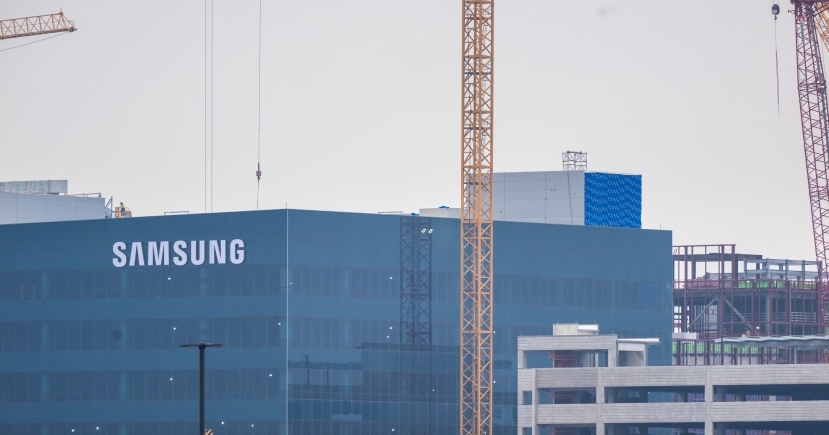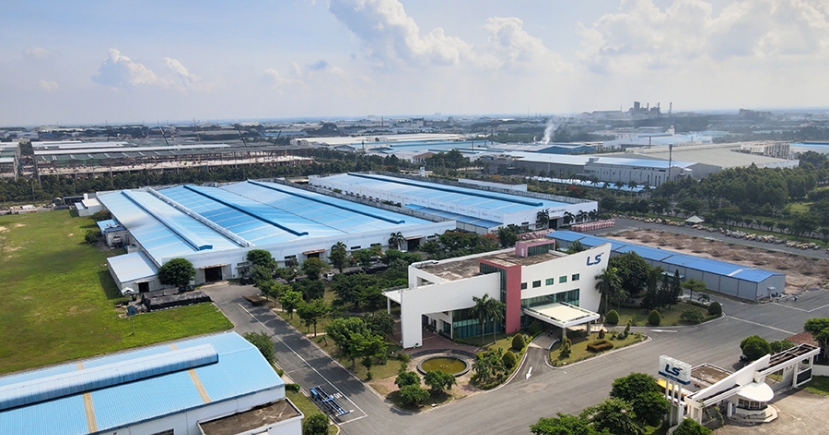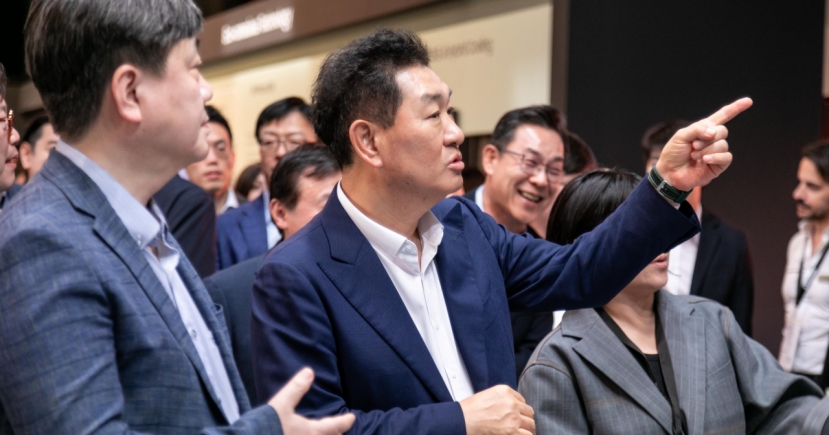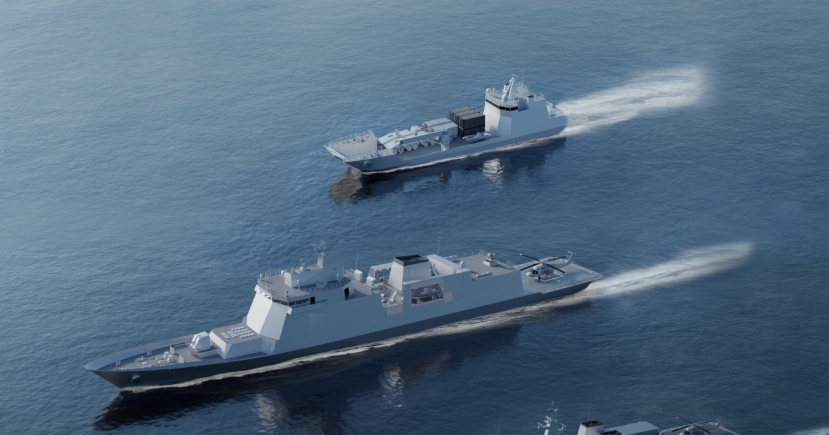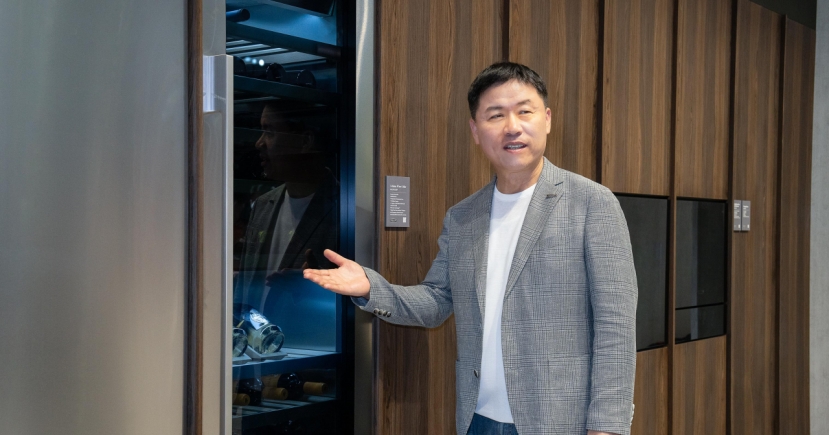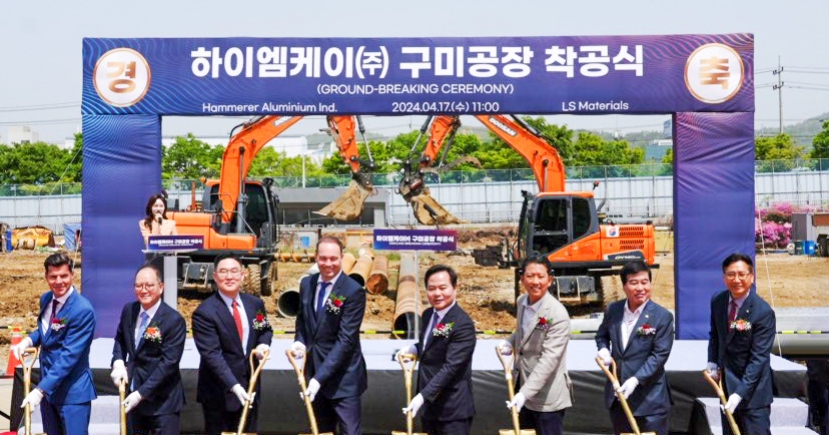Economy
‘Seoul needs trust-building mechanism more than anything’
[THE INVESTOR] What Seoul needs more than anything to become a resilient city is people’s trust in the government, said Michael Berkowitz, president of 100 Resilient Cities under the Rockefeller Foundation.
“Building trust in the government is an important part of building a resilient city,” he said in an interview with The Korea Herald on Feb. 20.
The president took Hurricane Katrina-hit New Orleans in 2005 as an example of people not believing in the state government due to corruption.
“When you want to build trust, asking people what they want is not enough,” he said. “You need to design what they need, do it and get feedback from them for every single project.”
Berkowitz visited Seoul on Feb. 21 to hold a workshop on setting agendas with the Seoul Metropolitan Government in a bid to devise strategies to build Seoul into a more resilient city.
Known as 100RC, the organization was founded in 2013 by the Rockefeller Foundation, to mark its 100th anniversary and help cities to grow more resilient in response to unpredicted changes amid the ongoing universal trends: urbanization, globalization and climate change.
He is an expert on risk management who formerly served as a senior executive for operation risk management at Germany’s biggest bank Deutsche Bank until 2013, before he joined the foundation. Berkowitz also served at the Office of Emergency Management of New York City in the early 2000s when the World Trade Center was hit by a terrorist attack.
Seoul was chosen last year as one of 100 cities that will receive financial support and consultation on various areas from Berkowitz’s organization for the next three years.
“Seoul is pretty resilient, but it still has some challenges to address,” he said. “It is overdependent on cars, people live so far away with long commuting times and the city also has a politically unstable situation.”
The purpose of selecting the 100 cities is to help them find what kind of challenges they are facing, he added. Seoul was chosen because it is highly connected through information technology and has an innovative and progressive mayor, while the city is influential and has catalyst for change, Berkowitz said.
“Even though Seoul is one of the modern, progressive, high-capacity cities in the world, if it doesn’t have integrated and inclusive strategies to look at what its opportunities are, it will become less and less resilient and fragile,” the president said.
While safety is about mitigating known risks, resilience is about building strengths of cities in response to whatever happens, including typhoons, diseases, political events.
“A resilient city is also (about) being a livable city where people can walk and cycle, where neighbors don’t die alone, people can get good mobility, biodiversity and an integrated leadership,” Berkowitz said.
Seoul has made some noticeable efforts to transform its road space by revamping the Han River and Seoul Station areas in recent years, he noted. But hearing news about the unfortunate death of a young contract worker in the middle of mending a screen door at a subway station suggests where the city needs to look in order to grow and survive whatever happens, he added.
“The capacity is definitely there to absorb some of (the) shocks and stresses, but Korean society is changing, the family structure is not as strong as it was, infrastructure is old and continues to fall,” he said. “The city continues to grow at a fast pace, but if it doesn’t continue to think (of) progressive ways (for) its opportunities and challenges, it will become less resilient.”
By Song Su-hyun/The Korea Herald (song@heraldcorp.com)
“Building trust in the government is an important part of building a resilient city,” he said in an interview with The Korea Herald on Feb. 20.
The president took Hurricane Katrina-hit New Orleans in 2005 as an example of people not believing in the state government due to corruption.
“When you want to build trust, asking people what they want is not enough,” he said. “You need to design what they need, do it and get feedback from them for every single project.”
Berkowitz visited Seoul on Feb. 21 to hold a workshop on setting agendas with the Seoul Metropolitan Government in a bid to devise strategies to build Seoul into a more resilient city.
Known as 100RC, the organization was founded in 2013 by the Rockefeller Foundation, to mark its 100th anniversary and help cities to grow more resilient in response to unpredicted changes amid the ongoing universal trends: urbanization, globalization and climate change.
He is an expert on risk management who formerly served as a senior executive for operation risk management at Germany’s biggest bank Deutsche Bank until 2013, before he joined the foundation. Berkowitz also served at the Office of Emergency Management of New York City in the early 2000s when the World Trade Center was hit by a terrorist attack.
Seoul was chosen last year as one of 100 cities that will receive financial support and consultation on various areas from Berkowitz’s organization for the next three years.
“Seoul is pretty resilient, but it still has some challenges to address,” he said. “It is overdependent on cars, people live so far away with long commuting times and the city also has a politically unstable situation.”
The purpose of selecting the 100 cities is to help them find what kind of challenges they are facing, he added. Seoul was chosen because it is highly connected through information technology and has an innovative and progressive mayor, while the city is influential and has catalyst for change, Berkowitz said.
“Even though Seoul is one of the modern, progressive, high-capacity cities in the world, if it doesn’t have integrated and inclusive strategies to look at what its opportunities are, it will become less and less resilient and fragile,” the president said.
While safety is about mitigating known risks, resilience is about building strengths of cities in response to whatever happens, including typhoons, diseases, political events.
“A resilient city is also (about) being a livable city where people can walk and cycle, where neighbors don’t die alone, people can get good mobility, biodiversity and an integrated leadership,” Berkowitz said.
Seoul has made some noticeable efforts to transform its road space by revamping the Han River and Seoul Station areas in recent years, he noted. But hearing news about the unfortunate death of a young contract worker in the middle of mending a screen door at a subway station suggests where the city needs to look in order to grow and survive whatever happens, he added.
“The capacity is definitely there to absorb some of (the) shocks and stresses, but Korean society is changing, the family structure is not as strong as it was, infrastructure is old and continues to fall,” he said. “The city continues to grow at a fast pace, but if it doesn’t continue to think (of) progressive ways (for) its opportunities and challenges, it will become less resilient.”
By Song Su-hyun/The Korea Herald (song@heraldcorp.com)


